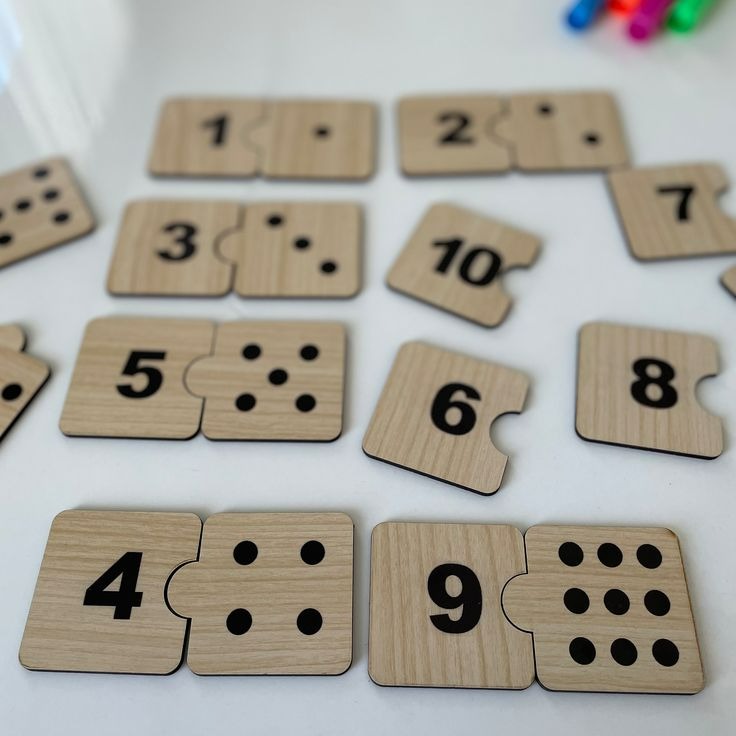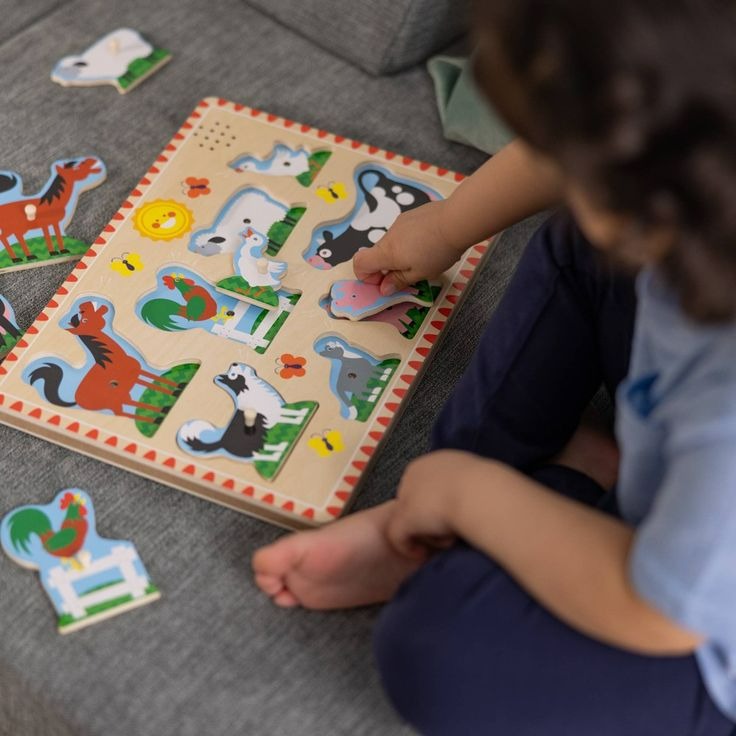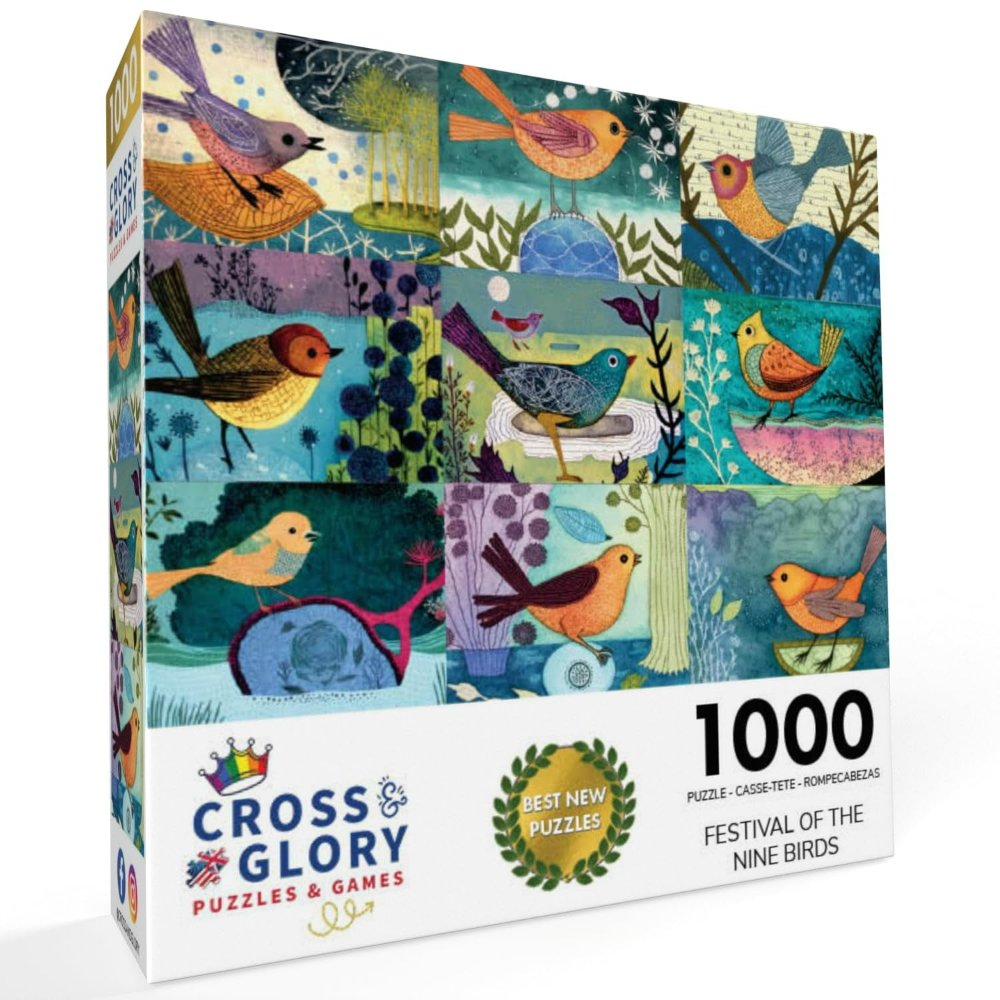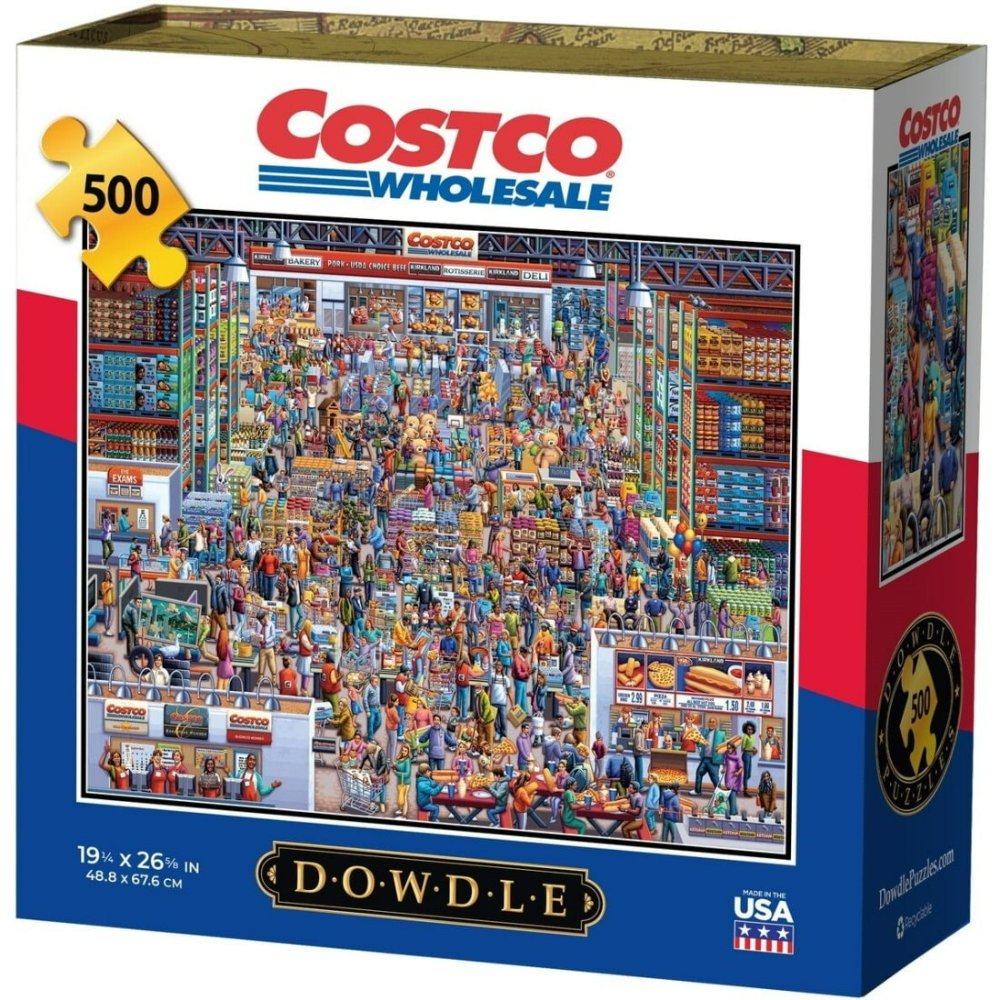The Importance of Puzzles in Early Childhood Development
Puzzles play a crucial role in the early development of children. They are more than just toys. Puzzles challenge toddlers to think and solve problems. This stimulates brain growth and new ways of thinking. When a child works on a puzzle, they are building critical cognitive abilities. These include concentration, attention to detail, and reasoning.
Working with toddler puzzles helps with hand-eye coordination too. As toddlers pick up, place, and fit pieces, their fine motor skills improve. They learn to match shapes and colors, which is essential for recognizing patterns. This is a foundation for math and reading later on.
Puzzles also teach toddlers about the concept of a ‘whole’. They learn that small parts fit together to make a bigger picture. This understanding is key for later complex problem-solving. Moreover, puzzles offer a chance for children to set goals and achieve them. Completing a puzzle gives a sense of accomplishment. This boosts their confidence and motivation to try new challenges.
Moreover, puzzle-solving is a quiet activity that allows for individual focus. But it can also be a social activity. It encourages taking turns, sharing, and cooperating when played with others. This balance of individual and social play is vital in a toddler’s growth.
Lastly, puzzles are fun. They keep toddlers engaged and entertained. While they’re having fun, their brains are working hard. This ensures a well-rounded development. Regular puzzle play sets the stage for lifelong learning and curiosity. That’s why including toddler puzzles in playtime is a smart move for any parent.

Types of Puzzles for Different Toddler Ages
Not all puzzles are created equal, especially when it comes to toddlers of varied ages. It’s important to choose puzzles that are age-appropriate to challenge their developing brains without causing frustration.
Floor Puzzles for Young Toddlers
Young toddlers, typically around 1 to 2 years old, may enjoy floor puzzles. These puzzles often feature large, easy-to-handle pieces and bright, engaging designs. Floor puzzles are great for promoting gross motor skills as toddlers need to move around to place the pieces.
Chunky Puzzles for Fine Motor Skills
Chunky puzzles are ideal for toddlers developing fine motor skills, usually around 2 to 3 years of age. The thick, easy-to-grasp pieces help small hands develop dexterity. By turning and fitting the pieces, toddlers enhance their hand-eye coordination.
Peg Puzzles for Problem-Solving Abilities
For toddlers ready to challenge their problem-solving abilities, peg puzzles can be a fantastic choice. Designed for children around 3 years old, these puzzles have small pegs that require more precise movements. They encourage cognitive skills like spatial reasoning and logical thinking. Engaging with peg puzzles also fine-tunes toddlers’ pincer grip, an important skill for writing later on.
How Puzzles Enhance Cognitive Skills
Puzzles are a powerful tool for boosting a toddler’s cognitive development. Engaging with puzzles stimulates different aspects of the brain. This helps in the growth of cognitive skills. These skills are the mental abilities kids need to think, learn, and solve problems.
Developing Memory and Recognition
Toddler puzzles are excellent for enhancing memory and recognition. When a toddler repeats a puzzle, they remember the shapes and spaces where pieces fit. This repetition strengthens their memory. It also helps them recognize patterns and pictures. They start to recall what piece goes where, which is a form of visual memory. Memory games in toddler puzzles often involve matching and sorting. These tasks contribute to their ability to recall information later.
Recognition comes as toddlers learn to identify colors, shapes, and objects. They also start noticing differences and similarities between pieces. This skill is essential not just for puzzles but for everyday learning experiences.

Building Spatial Awareness
Spatial awareness is understanding how things fit together in space. It also involves realizing how objects relate to each other and to oneself. Puzzles offer a hands-on experience in grasping these concepts. As toddlers manipulate different shapes and sizes, they learn about spatial relationships.
This skill is not just about fitting puzzle pieces together. It’s also about navigating their environment and understanding directions. For example, inserting a piece upside-down won’t fit, which teaches orientation. Toddler puzzles with various shapes foster an early understanding of geometry. This foundational knowledge is crucial for many day-to-day activities and academic subjects like math and science.
Incorporating Puzzles into Daily Playtime Routines
Incorporating toddler puzzles into daily playtime is key for consistent brain stimulation. To smoothly integrate this educational tool into your child’s routine, follow these simple yet effective strategies.
- Set a Specific Puzzle Time: Choose a time each day dedicated to puzzles. This helps create a habit. For example, after breakfast can be ‘puzzle time’.
- Rotate Puzzle Selection: Keep a variety of puzzles on hand. Switch them out regularly to maintain interest and challenge. This can help prevent boredom and ensure that different skills are being practiced.
- Combine Puzzles with Stories: While solving a puzzle with animals or vehicles, tell a story about them. This makes playtime more engaging and enriches vocabulary.
- Puzzle Play Before Naptime: Puzzles can be a calming activity before naptime. They help children wind down and prepare for rest.
- Encourage Self-Initiated Play: Make puzzles available for your child to choose freely. This supports independence and decision-making.
- Puzzles as a Reward: Use puzzle time as a reward for finishing chores or good behavior. This associates puzzle-solving with positive feelings.
Remember, the goal is to make puzzle-solving a fun and regular part of your toddler’s day. By doing so, you’re nurturing essential cognitive skills in a natural and playful environment.

The Role of Puzzles in Language and Social Development
Puzzles do more than just enhance cognitive skills in toddlers. They also play an important role in fostering language and social development. By discussing the various pieces and the images they form, puzzles introduce new vocabulary words to toddlers. They learn to name colors, shapes, and the different objects depicted on the puzzles. Not only does this boost their language skills, but it also enhances their understanding of the world around them.
In social settings, puzzles can be a shared activity. They encourage toddlers to ask for help, take turns, and communicate their thoughts. This teaches patience and empathy as they work together with peers or family members to complete the puzzle. It’s not just about the end goal but about the process of collaboration and the social bonds that form as a result.
Toddler puzzles often depict scenes that can spark imaginative play. They can invent stories about the images, engaging them in expressive language practice. This storytelling is a playful and powerful way to build narrative skills and imagination.
Furthermore, puzzles provide a chance for adults to interact with toddlers in meaningful ways. They can ask questions about the puzzle, which promotes the toddler’s ability to process and answer. This interaction lays the groundwork for effective communication and listening skills, vital components of language development.
In conclusion, including toddler puzzles in playtime is a wise choice for parents looking to enrich their child’s language and social skills. These fun tools carry immense potential for holistic development, making puzzle-solving a worthwhile and entertaining educational activity.
Selecting the Right Puzzles for Your Child’s Growing Mind
Choosing the right puzzles for your toddler is crucial for their development. Each puzzle type offers unique benefits and challenges that can stimulate your child’s brain in different ways. Here’s how to select puzzles that match your child’s age and skill level.
- Consider Your Child’s Interests: Puzzles that depict your toddler’s favorite animals, vehicles, or characters will hold their attention longer.
- Start Simple: Begin with simple puzzles with few pieces and work up to more complex ones as your child progresses.
- Check the Size and Shape: Ensure pieces are large enough for your child’s small hands and not a choking hazard.
- Look for Quality Materials: Wooden or thick cardboard puzzles last longer and withstand the rough handling of toddlers.
- Test Problem-Solving Skills: Introduce puzzles with different mechanisms, like lift-the-flap or shape-sorters, to keep your child’s play challenging.
Select puzzles that are suitable for your child’s growing mind and watch as they discover, learn, and grow through play.
Tips for Engaging Toddlers with Puzzles
To keep toddlers interested in puzzles, some effective strategies can be employed.
Creating a Puzzle-Friendly Environment
A dedicated puzzle space invites toddlers to play. Make sure it’s well-lit and comfortable. Having an organized place with all the puzzle pieces accessible encourages toddlers to start playing without feeling overwhelmed. Decorate the area with colorful mats or pictures to make it appealing. Keep distractions away so that toddlers can focus on their puzzle-solving tasks.
For a puzzle-friendly environment:
- Choose a quiet and well-lit corner.
- Organize puzzles in easily reachable bins or shelves.
- Use comfortable seating or floor mats.
- Minimize distractions like loud noises or TVs.
Encouraging Persistence and Celebrating Achievements
Toddlers need support to keep trying even when puzzles get tough. Praise their effort more than their success. When they fit a piece correctly, clap and cheer to make them feel proud. Document their progress with pictures or a puzzle diary, and celebrate milestones. Set up a reward system, like a sticker chart, for every puzzle they complete. This keeps motivation high.
To encourage your toddler:
- Praise their effort frequently.
- Celebrate each success, no matter how small.
- Keep a record of their puzzle achievements.
- Use a simple reward system to motivate them.
Using these tips, you can help your toddler enjoy puzzles and the learning that comes with them. Keep it fun and tailor the challenges to your child’s age and abilities, and witness their skills and passion for puzzles grow.


